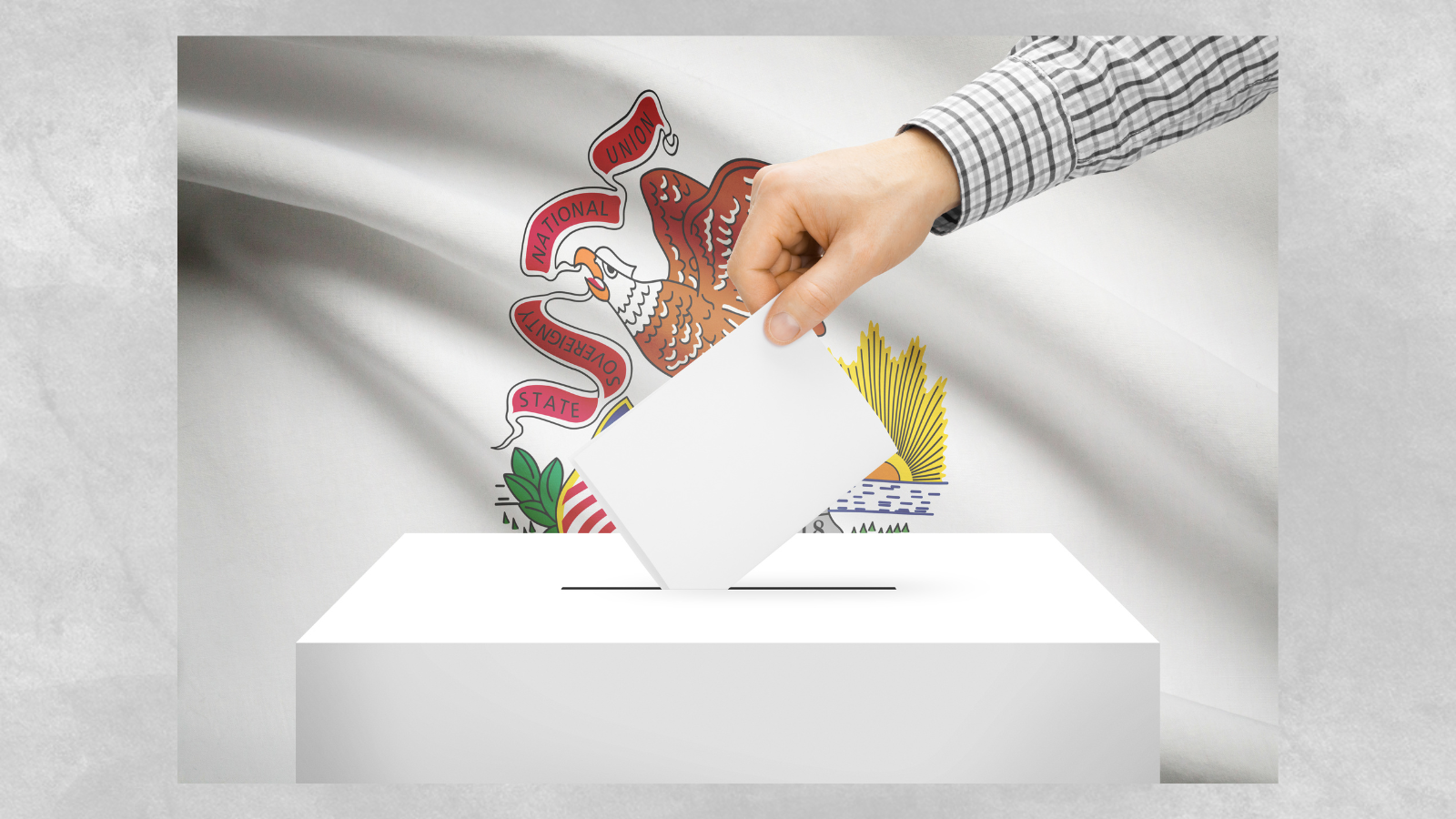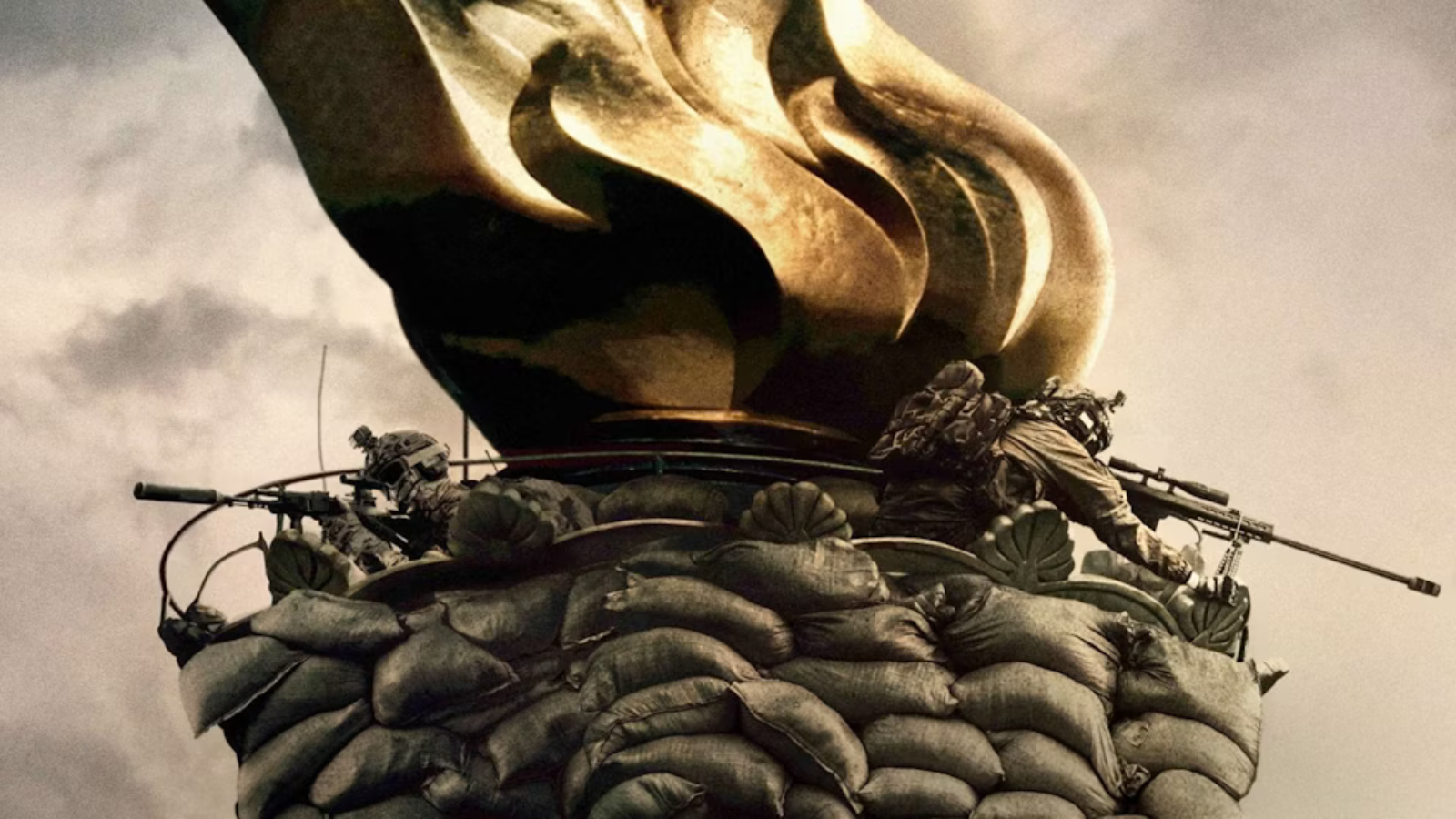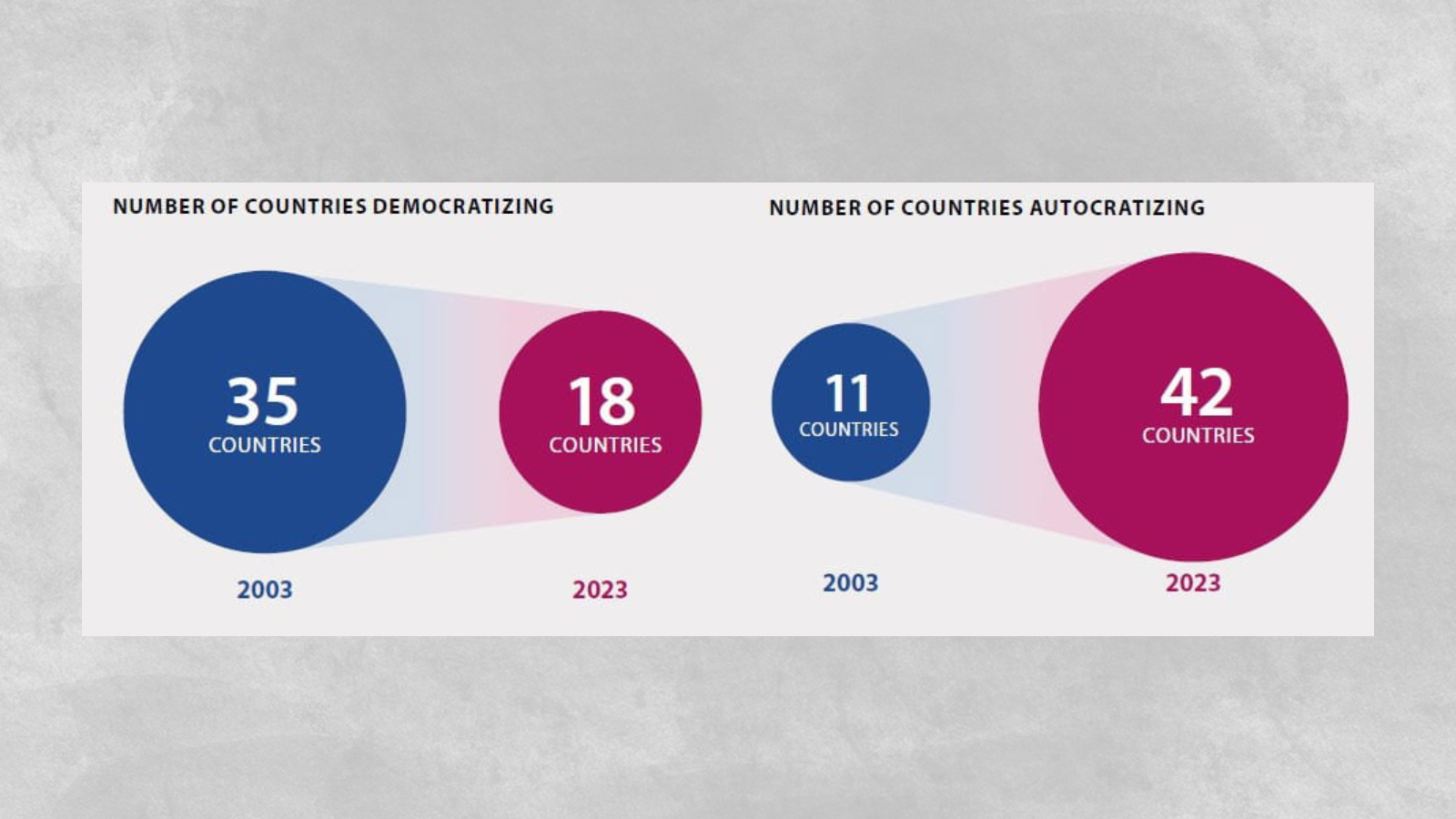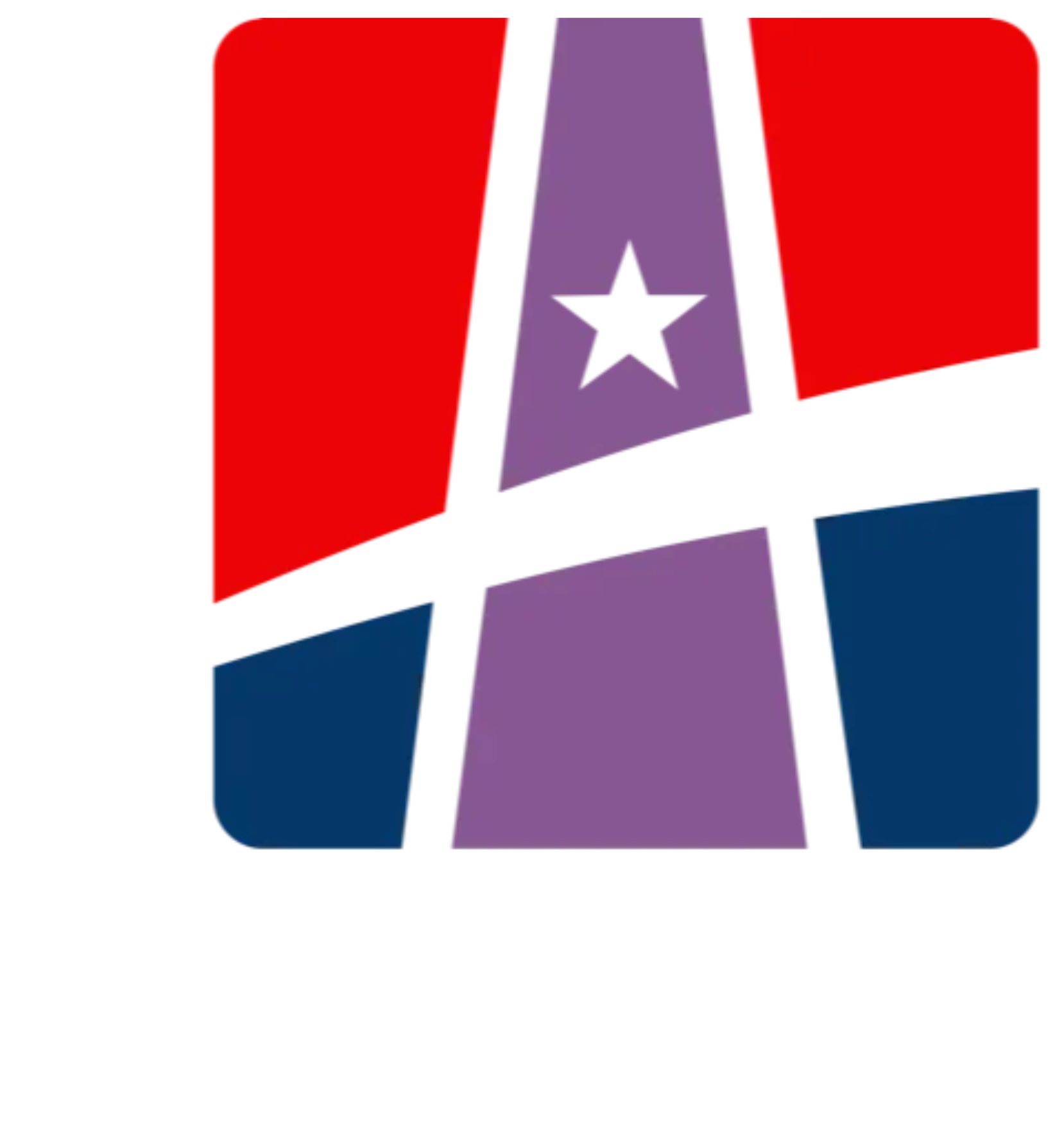The 2024 Primaries are a Call to Reengage and Reform
In Illinois, Tuesday was election day.

To say we had a disappointing turnout would be an understatement: a mere 20.2% of eligible voters exercised their right to vote, a significant decline from 37.8% in 2020 and an even more dramatic drop from 53.5% in 2016. Amidst this decline, there was also a striking increase in nonpartisan ballots from just 77 in 2016 to almost 6,000 in the current election. These changes raised a question: Is the low turnout a response to an uncompetitive presidential primary or a broader disengagement from traditional party politics?
Elena Panyard, a voter who chose a nonpartisan ballot for the first time, encapsulates a growing sentiment: "We're cornered into choosing less-than-ideal candidates under the guise of fearing the 'other side.' We deserve better, and until we achieve that, I'm stepping back."
Reporting on the low turnout, the Chicago Sun-Times editorial board offers a blunt perspective: Choosing not to vote is tantamount to relinquishing your decision-making power to others. With referendums passing in primary elections 83% of the time, the decisions of a few impact the lives of many, shaping critical issues such as tax levies, park districts, and more. At a time when the cost of living is a paramount concern, it's alarming that only about 20% of Illinois residents are participating in these pivotal decisions.
The Sun-Times editorial board also endorses a familiar solution, offering that the path to revitalizing Illinois' political landscape may lie in ranked-choice voting. They highlighted BAEF partners FairVote and Better Elections for Illinois in their endorsement of ranked-choice voting as a solution to boost Illinois engagement and turnout and reduce partisanship and negative campaigning. We also know that ranked-choice voting increases representation among women and candidates of color, and that multi-winner districts and cumulative voting worked successfully here for years before Illinois moved to a winner-take-all system.
As we confront the political challenges of 2024, it's evident that a disconnect exists between our desires for change and the actions we're willing to take to achieve it. I've often talked about how holding multiple truths simultaneously is essential - and we must do just that to bridge this gap.
It is valid that we Illinoisans feel collective disillusionment about the fact that 9 out of 10 judicial and state legislative primaries in Illinois were uncontested - and that Illinois' history of partisan judicial elections has too often sidelined the most qualified candidates, with unprecedented campaign expenditures being increasingly influenced by outside special interests. However, this does not absolve us of our collective duty to engage in our electoral process. It's also true that we must push through the disillusionment and collectively strive for improved voting systems, equitable districts, responsible campaign financing, and the representation we truly deserve.
Featured Content
- AllSides (Article) March 18th: What is the Building Civic Bridges Act and Why Support it?
- Ballotpedia (Resource) March 20th: Fifty members of Congress have announced they will not seek re-election in 2024 – more than at this point in the previous presidential election year
- BillTrack50 (Blog) March 13th: IssueVoter Bill of the Month (March 2024): Life at Conception Act
- Independent Voter News (Article) March 19th: Why Do We Accept Partisanship in Judicial Elections?
- Issue One (Press Release) March 20th: Issue One commends House for bipartisan vote that would prevent Americans’ sensitive data from being sold to foreign adversaries
- RepresentWomen (Video) March 14th: 2024 Democracy Solutions Summit, Day 1- The State of Ranked Choice Voting
- Veterans for All Voters (Video) March 12th: Re-formation Series: Nick Troiano, Author and Executive Director @ Unite America
Podcasts
- Ballotpedia (On The Ballot) March 14th: Zuck Bucks' and the debate over private funding of elections
- Common Ground Committee (Let’s Find Common Ground) March 14th: Depolarizing America: Ending Toxic Polarization. Peter Coleman
- The Democracy Group (The Great Battlefield) March 20th: The Lie Detective: In Search of a Playbook for Winning Elections, Sasha Issenberg
- The Village Square (Village SquareCast) March 14th: God Squad: Everyone is Canceled!
Citizen Connect Featured Events
- American Future (March 22nd @ 1 pm EDT) Community Gathering
- MWEG (March 23rd @ 9 am MDT) 7th Annual MWEG Spring Conference – Rise Up, Rise Above
- The Village Square (March 26th @ 7:00 pm EDT) The Soul of Civility with Alexandra Hudson
- Crossing Party Lines (March 28th @ 5:00 pm PDT) Conversation: Advocacy
Featured Fulcrum Articles
- Daniella Ballou-Aares, John Pleasants & Peter Brack, March 15th: American business needs a strong democracy, not political retribution
- Kevin Frazier, March 15th: The U.S. is at its best when it learns from its mistakes
- Sam Daley-Harris, March 18th: When it comes to political news, I can’t get no satisfaction
- F. Willis Johnson, March 18th: The uncommitted ballot: Voting as a form of civil protest
- Rochelle Sennet, March 18th: Can they play Bach? Why bias in classical music must be dismantled.
Members In The News
- McCourtney Institute for Democracy (Pennsylvania Capital-Star) March 8th: Report classifies 87 Pennsylvania state lawmakers as 'election deniers'
- Unite America (Axios) March 12th: Colorado ballot measure wants "open primaries" and ranked-choice voting
- Civic Learning Week (CNN) March 12th: Justices Barrett and Sotomayor urge Americans to tone down political rhetoric despite charged atmosphere
- Veterans for All Voters (The Oklahoman) March 17th: Ranked choice voting ban would be a slap in the face to Oklahoma military members
- FairVote (Chicago Sun-Times) March 21st: Here's how to start making the Illinois primary a bigger draw.
RECENT ARTICLES
Contact us
(312) 725-2038
Mailing Address: 130 Via Verde Way
Palm Beach Gardens, FL 33418
Our EIN is 82-3476248
Join our mailing list to stay connected
©2023 | All Rights Reserved | Bridge Alliance Education Fund
Website powered by Neon One




